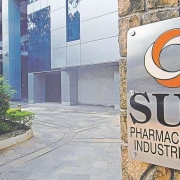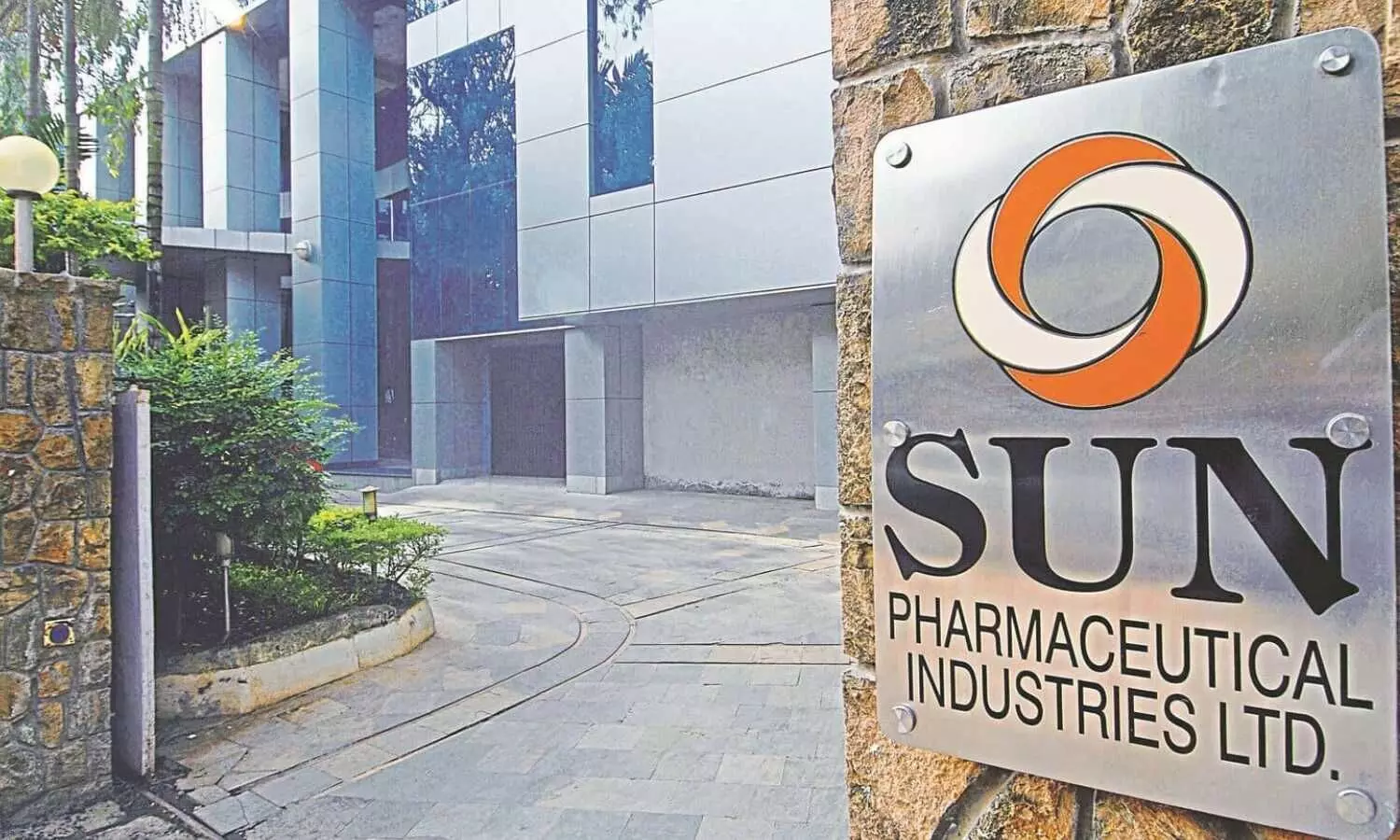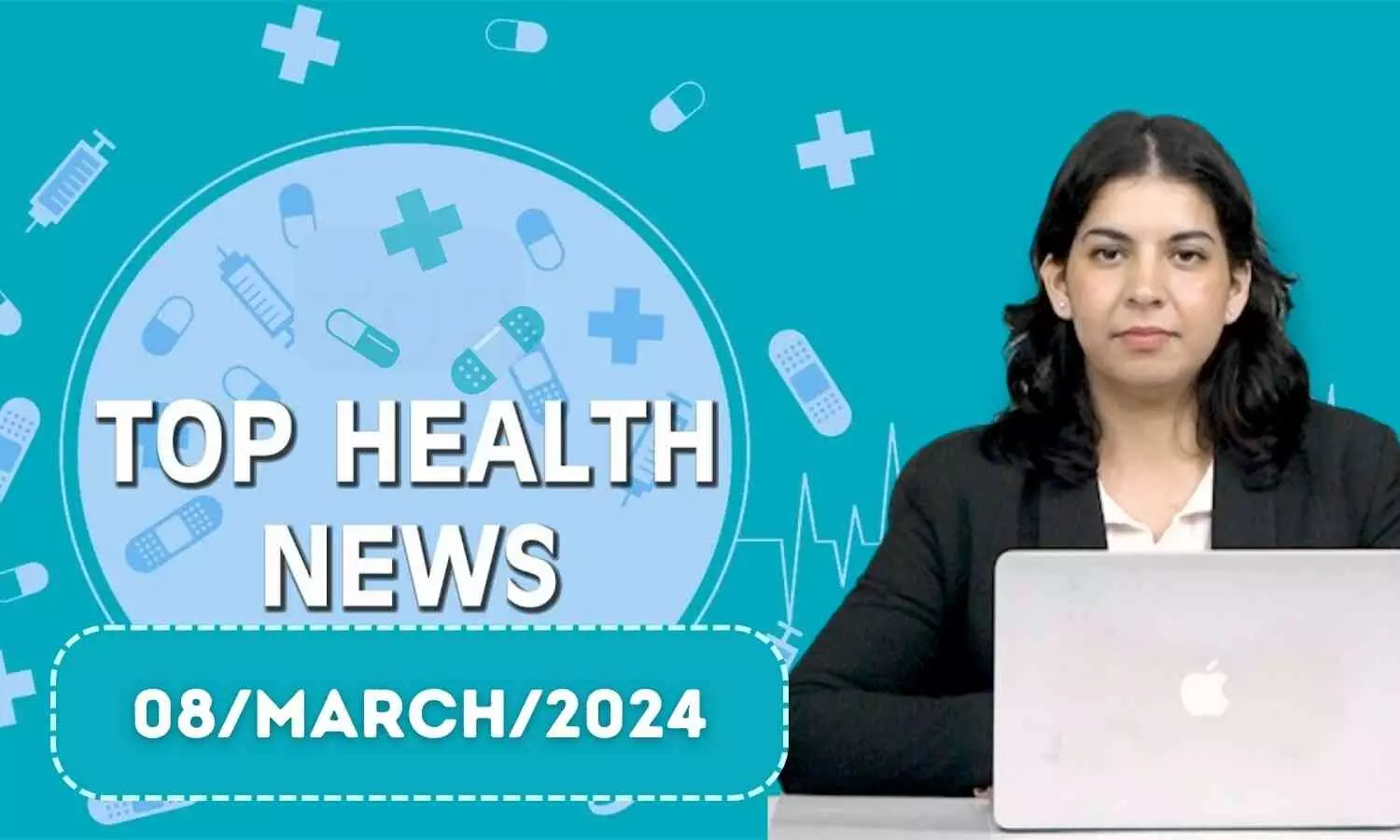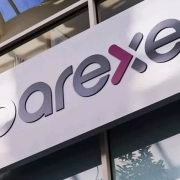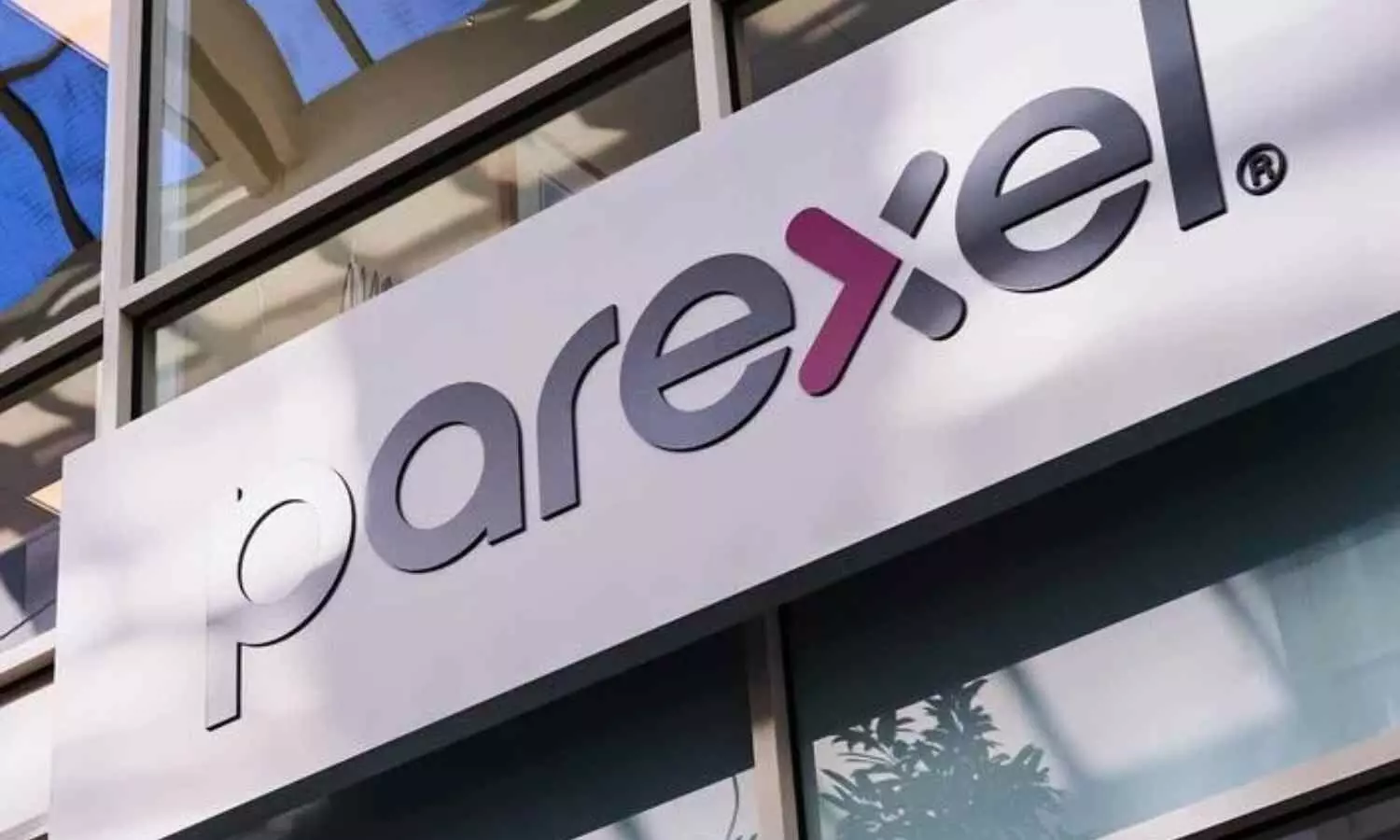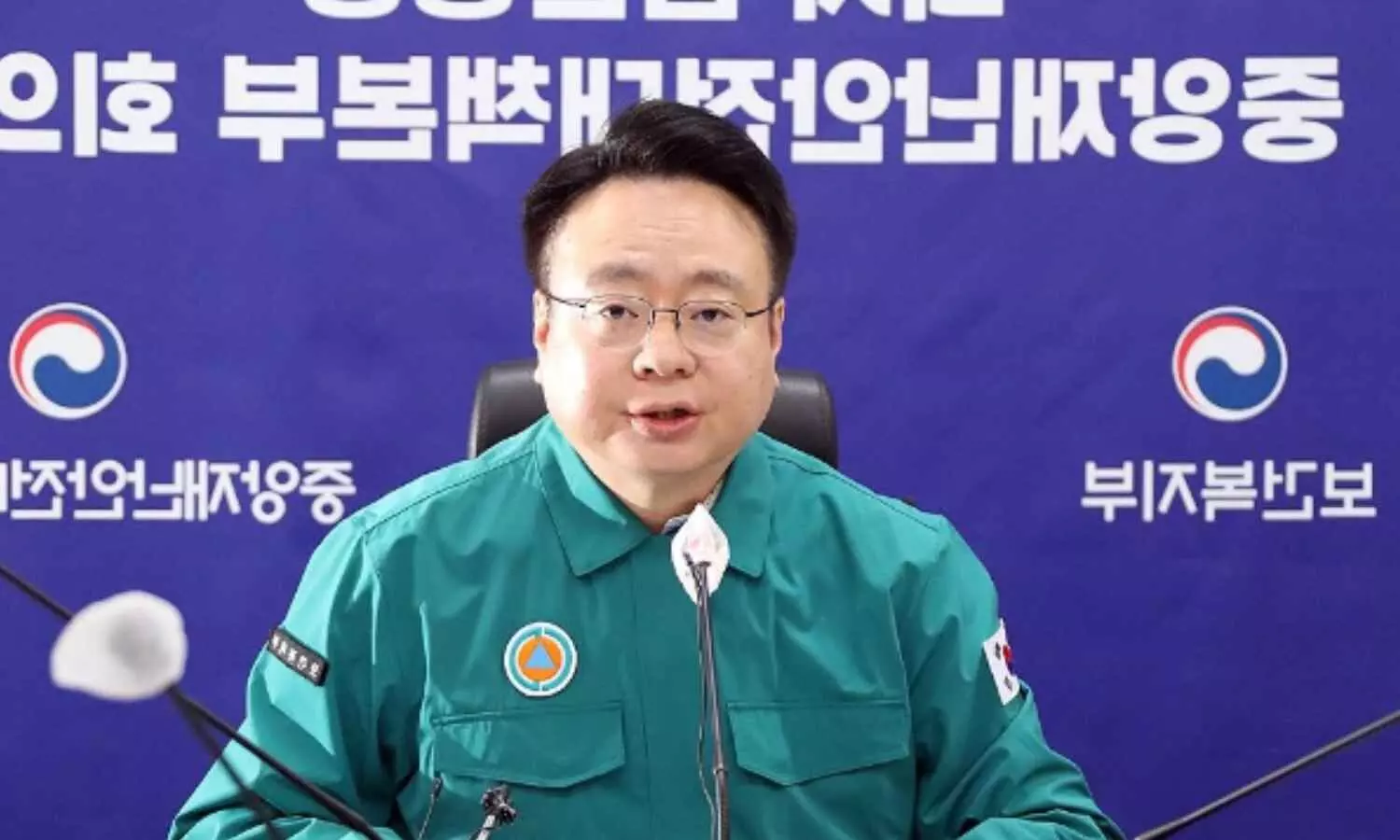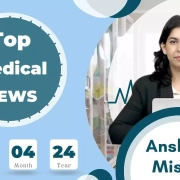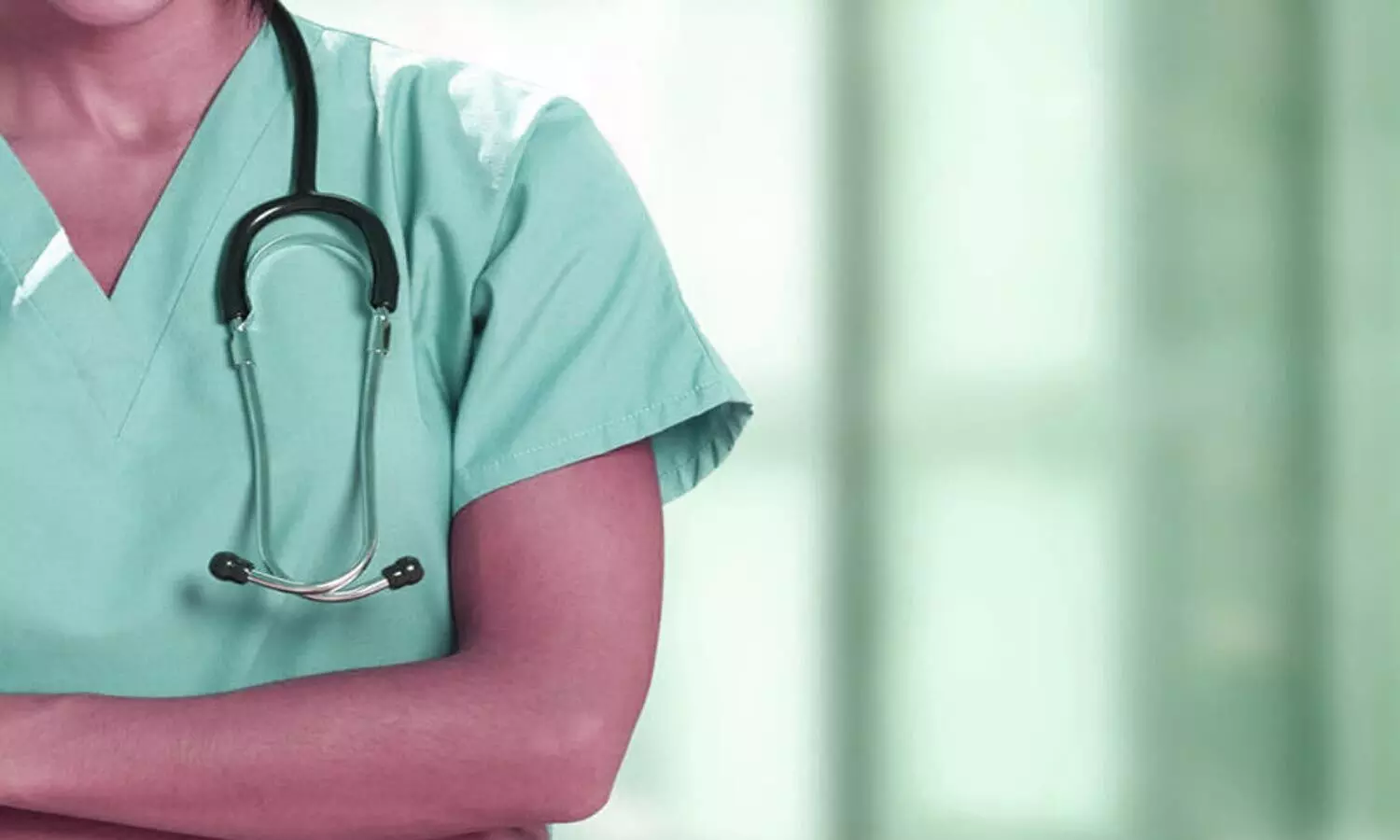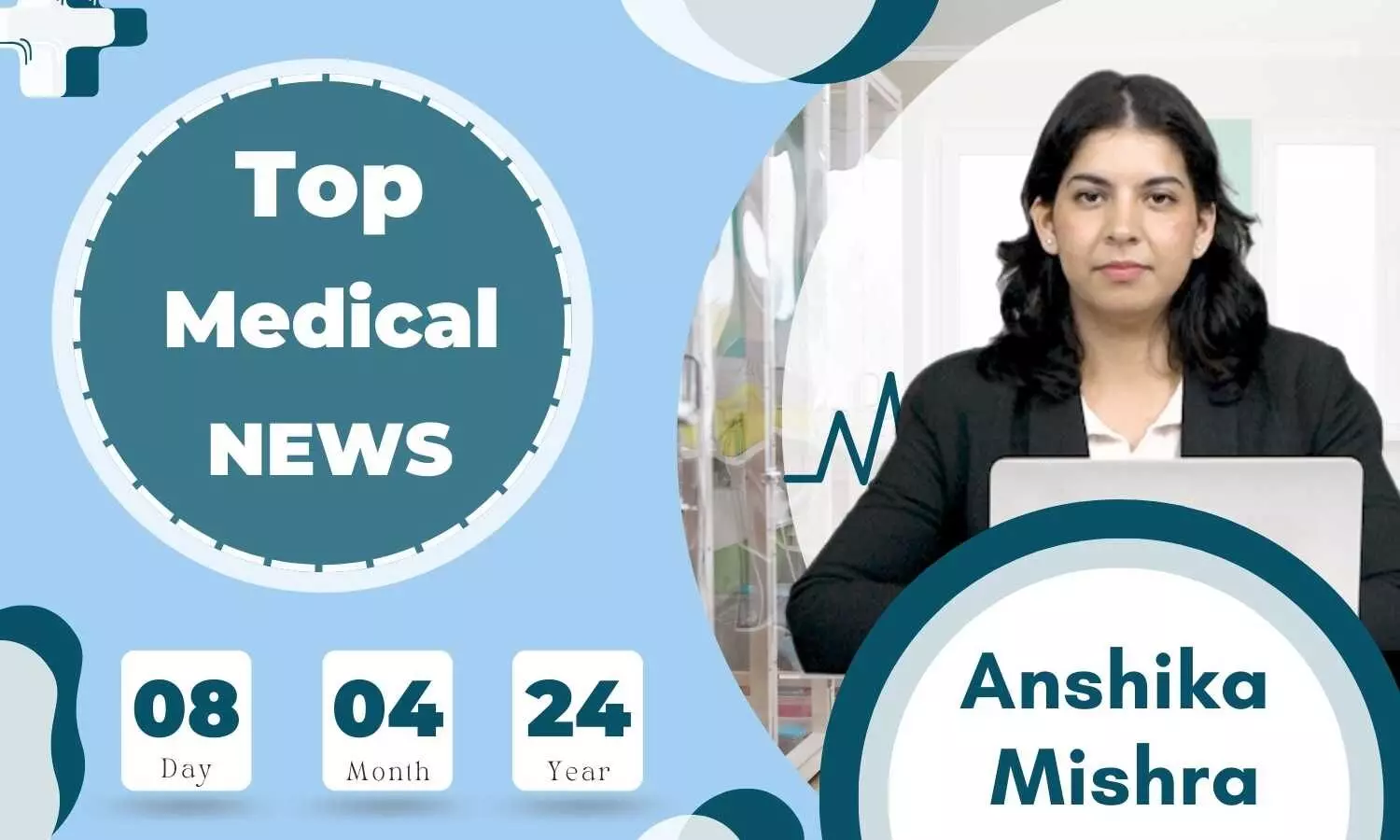
Here are the top medical news for the day:
Does protein intake during pregnancy affectinfants’ facial features?
A new study, published in Nature Communications, revealed a novel link between the child’s face and pregnancy lifestyle, specifically protein intake during pregnancy.
A child is expected to share facial features with their parents. However, the face is also influenced by factors beyond genetics, so-called environmental factors. Among those, lifestyle during pregnancy is an essential factor. For example, extensive alcohol consumption during pregnancy can lead to facial abnormalities in the child.
A research team led by Andrei Chagin, Professor of Molecular Medicine, the University of Gothenburg, delved into the mechanisms that control the formation of the facial bone structure during the embryonic phase. The studies revealed that a particular signalling pathway in the cells seemed to play a crucial role in shaping the face.
In the study, researchers performed a genome-wide analysis of RNA transcription from non-coding regulatory elements by sequencing the facial mesenchyme of human embryos and cross-checking the active enhancers thus identified against genes, by GWAS for the normal range human facial appearance. To assess the functional role of the pathways involved, they manipulated both genetically and pharmacologically in mice and zebrafish.Pregnant mice were given diets with high and low protein levels.
The results revealed the signaling pathway, known as mTOR which controls several cell functions, including cell division and cell survival. The researchers found that the mTOR pathway modulates the formation of facial skeletal structures in humans, mice, and zebrafish.The protein levels in the female’s diet were consistent with the activity level of mTOR in the developing face. In newborn offspring, the differences in the face were noticeable, although subtle.
“It is difficult to describe the exact effects, which can be caused by protein content in the diet during human pregnancy. But our data suggest that the mechanism is evolutionarily conserved and, from this perspective, likely serves to increase variability in the feeding apparatus, thus, allowing animals to adapt to various feeding sources in the wild. In mice, we see, for example, an enlarged nasal cavity in the offspring of mice fed a protein-enriched diet and a slightly elongated jaw in mice where the mother has eaten a low-protein diet,” said Andrei Chagin.
Reference:Xie, M., et al. (2024). The level of protein in the maternal murine diet modulates the facial appearance of the offspring via mTORC1 signaling. Nature Communications. doi.org/10.1038/s41467-024-46030-3.
Intermittent fasting may protect gut health as we age, finds study
In a new study presented at the annual meeting of the American Physiology Summit, researchers from the Arizona College of Osteopathic Medicine at Midwestern University in Downers Grove reported that intermittent fasting may also help protect the gastrointestinal system — mainly the small intestine — as it ages.
Intermittent fasting is a timed schedule of eating at certain periods of time and then withholding food for an extended duration, a period known as fasting, when a person abstains from eating.Some of the more popular patterns of intermittent fasting include time-restrictive eating, where the fast lasts 12, 14, or 16 hours, and the eating period stretches over the remaining hours of the day, or the 5:2 method, where a person consumes only 500 calories for 2 days of the week and then eats normally for the remaining 5 days.In addition to weight loss, recent studies show that intermittent fasting may offer other health benefits, such as protection against type 2 diabetes, cardiovascular disease, and cancer, as well as against gastrointestinal issues, such as inflammatory bowel disease (IBD)Trusted Source and ulcerative colitis.
In the study, researchers used a mouse model that they had genetically modified to accelerate ageing. One group of mice had food available at all times, while the other group only had access to food during alternating 24-hour cycles. They focused on a specific part of the small intestine called the jejunum, responsible for continuing food digestion and absorbing nutrients and water from food so it can be used in other areas of the body.
After 8 months, scientists found that the mice on the fasting plan gained less weight and had structural changes in their small intestines associated with better glucose control and decreased inflammation. They also observed that improvements in the health and appearance of the small intestine were more pronounced in female mice than in male mice.However, scientists found that the impact of intermittent fasting on blood sugar levels was stronger in male mice than in female mice.
“Our study suggests that intermittent fasting is a beneficial dietary practice to control weight gain, improve blood glucose levels, and promote positive intestinal effects by reducing inflammation and oxidative stress while altering intestinal structure,” said Spencer Vroegop, a second-year student at the Arizona College of Osteopathic Medicine at Midwestern University and first author of this study. “Our study suggests that an intermittent fasting diet may help prevent these age-related changes by returning the jejunum to a ‘younger’ version of itself.”
Reference: Annual Meeting: The American Physiology Summit
Does exercise help prevent age-related issues?
A recent animal study from researchers in the Department of Internal Medicine at the University of Utah in Salt Lake City investigated the role of DNA damage in blood vessels and the ageing cardiovascular system.
The findings will be presented at The American Physiology Summit — the annual meeting of the American Physiological Society.
Our risk of heart disease and other cardiovascular problems increases as we age. Commonly, this is due to atherosclerosis — a build-up of fatty substances on the lining of blood vessels.As these plaques grow, they narrow the vessels, increasing the risk of cardiovascular events like heart attacks or strokes. Previous research has shown that exercise can significantly reduce the risk of atherosclerosis. Even exercise during older age can slow plaque buildup and improve cardiovascular outcomes.
In the study, researchers observed 15 male mice for 4 weeks in a cage with a running wheel. They assigned them to three categories based on how far they ran each day:high-running, moderate-running and low-running.At the end of the study, the scientists collected tissue from the animals’ aortas — the blood vessel that carries blood from the heart. They looked at different sections of the aorta, which are exposed to varying levels of shear stress.In particular, they focused on two types of cells:endothelial cells, which line the inside of blood vessels, vascular smooth muscle cells, which sit within blood vessel walls. Further, they evaluated the cells’ DNA damage and assessed how well their telomeres functioned.
The analysis showed that increased physical activity was associated with less DNA damage and better telomere function in endothelial cells but not vascular smooth muscle cells. Furthermore, this study added to the growing evidence that exercise may benefit health by defending against DNA damage and protecting telomere function.
“By revealing the varied responses of aortic regions experiencing different blood flow patterns and cell types to aerobic exercise,this research provides a firm ground on a detailed and customized approach to interventions for cardiovascular health,” said Jisok Lim, PhD, a postdoctoral fellow at the University of Utah and lead author of the study.
Reference:Late-life aerobic exercise reverses DNA and telomere dysfunction in non-atheroprone aortic regions with advanced age; Annual Meeting: The American Physiology Summit



